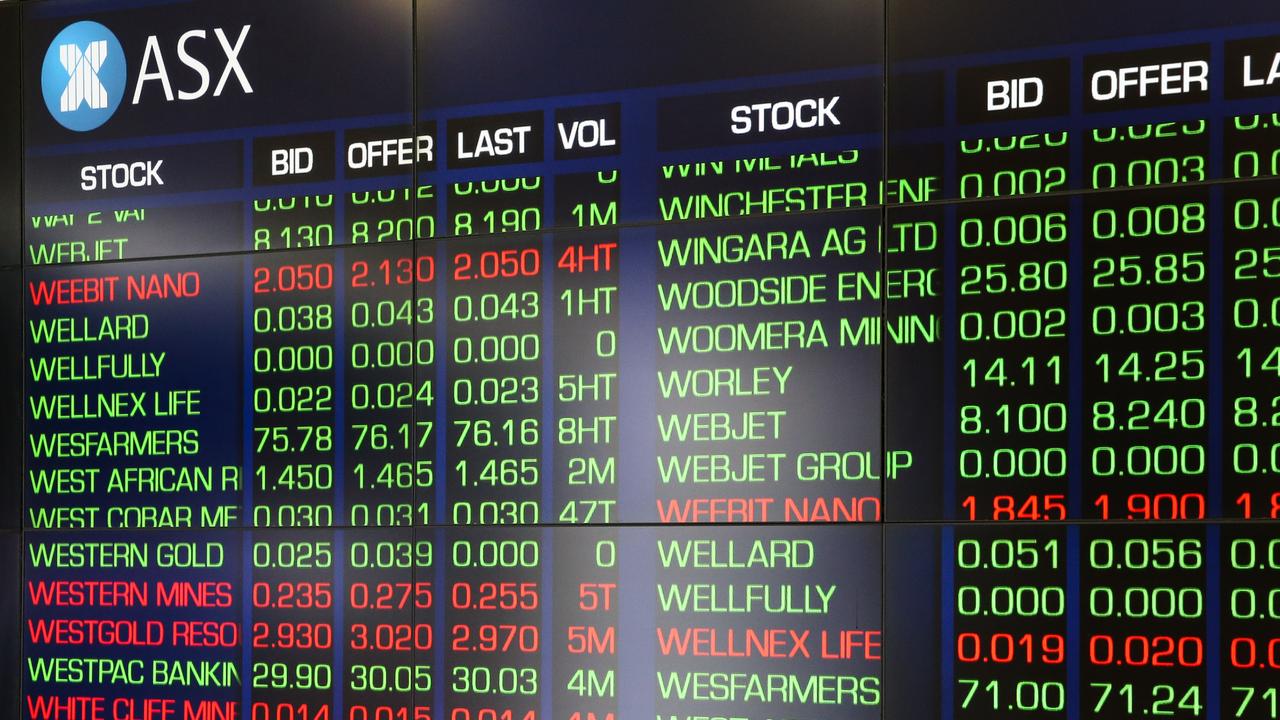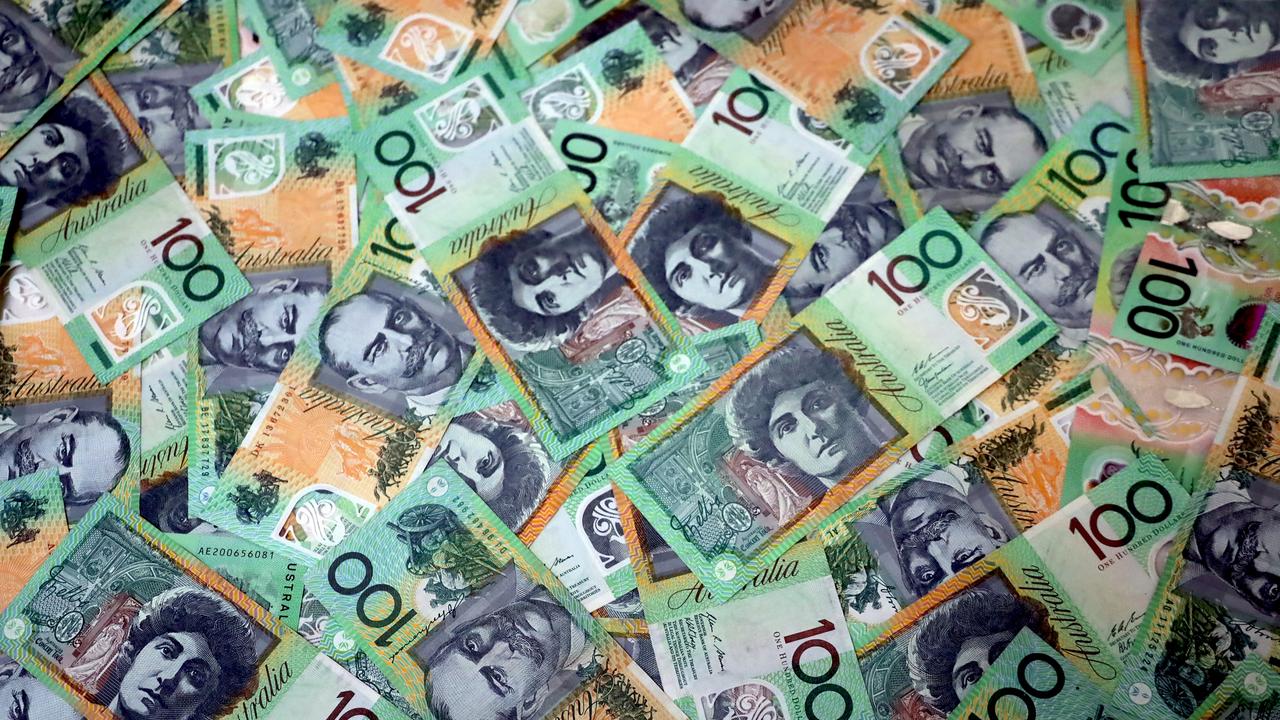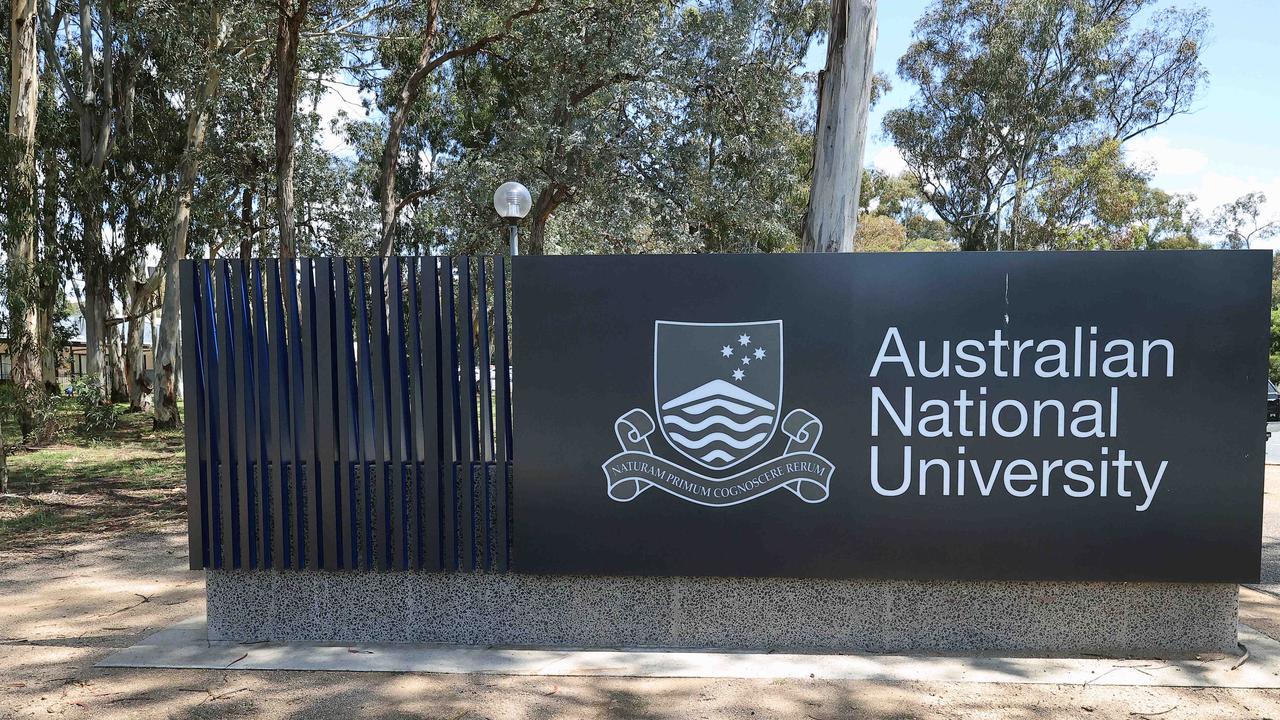All the changes coming on July 1
FROM healthcare and family payments to stamp duty, wages and power hikes, here’s what to expect in the new financial year.
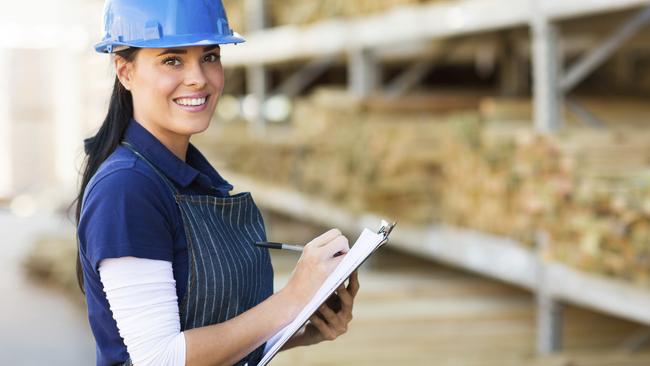
THE times, they are a-changin’. From July 1, in fact.
From healthcare costs and family payments to stamp duty, wages and power price hikes, a raft of new laws, regulations and fees come into effect from Friday.
Here’s what you can expect in the new financial year:
MINIMUM WAGE
Australia’s lowest-paid workers will get an extra $15.80 a week from July 1 after the Fair Work Commission handed down its annual minimum wage decision.
The minimum wage has been raised by 2.4 per cent, meaning workers will be paid $672.70 per week or $17.70 per hour. The decision affects more than 1.86 million workers.
FAMILY TAX BENEFIT
From July 1, if you are part of a couple and your youngest child is 13 years of age or over, you will no longer be paid the Family Tax Benefit Part B.
The change to the payment, which has a maximum rate of up to $4400 a year, brings the age cut-off for the youngest child down from 18 years.
Single parents, grandparents or great grandparent carers will not be affected by the changes, however grandparents and great grandparents must register as such before July 1 to continue to receive the payment.
DOCTORS VISITS
Patients have been warned of a “medical Armageddon” with an avalanche of new medical costs likely to hit patients from July 1, although feared fee imposts for lab tests have been staved off after the government reached agreement with the pathology sector.
The continuation of the Medicare rebate freeze in this year’s budget is likely to force GPs to either stop bulk-billing or increase co-payments by $15 to $25 per visit, the Australian Medical Association has warned.
A University of Sydney analysis suggests freeze will essentially cut doctors incomes by approximately $50,400 in 2019/2020, meaning they would have to impose a $14.40 fee to maintain their income.
“It’s not like you flick a switch on July 1 and it changes. Some doctors have already responded [by increasing fees],” a spokesman for the AMA told news.com.au.
“It’s anecdotal so far — the Medicare statistics are released quarterly — but the feedback we get from members is their practices won’t be viable if they keep bulk billing at the current rate.”
ROAD TOLLS
To keep up with inflation, fees for most toll roads around the country will increase on July 1, usually by a few cents at most.
In Victoria, the maximum toll for a car on CityLink will increase three cents, from $8.66 to $8.69, and a trip across the Bolte Bridge will go from $2.89 to $2.90.
In NSW, the M2 will increase for cars by between one cent and six cents, depending on the number of toll points people pass.
And in Queensland, at the Murarrie toll point on the Sir Leo Hielscher bridges, tolls will increase seven cents for privately registered cars to $4.39.
POWER PRICES
Power bills around the country are set to increase, most notably in NSW and South Australia, which already has the nation’s highest power prices.
In South Australia, AGL has announced an increase of 10 per cent, which amounts to around $230 extra per year. Origin Energy is hiking its prices by 6.5 per cent, or roughly $117 per year, while Energy Australia customers will pay an additional $260 a year.
In NSW, annual power bills are set to rise by up to $30 after the Australian Energy Regulator approved a 1.5 per cent increase in line with inflation.
That increase was approved as a stop-gap measure after a ruling to slash costs at government-owned power companies was controversially overturned, potentially adding hundreds of dollars back onto power bills.
In the ACT, electricity prices will rise by 6 per cent but customers using a mixture of electricity and gas will roughly break even, after ActewAGL announced it would reduce gas prices. The Canberra Times reports the gas bill for a typical home will drop by about $105 a year, while electricity prices will rise by around $100 a year.
In Tasmania, the economic regulator has approved a 3.43 per cent rise in charges starting from July 1, applicable to residential and small business users, with the hit to the average household budget expected to be about $60 a year.
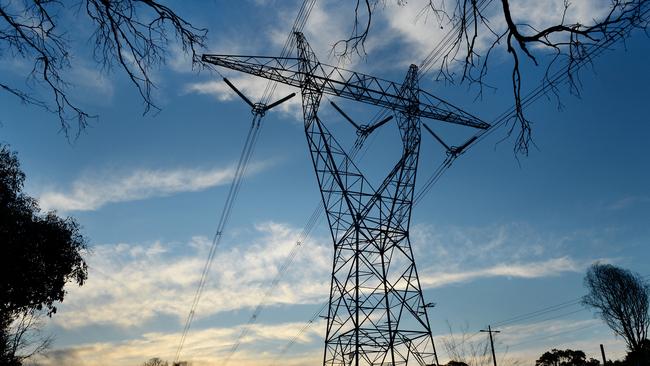
COUNTRY OF ORIGIN LABELLING
Shoppers will begin to see new labels appearing on food packaging, designed to make it clearer where the food is produced, grown, made or packed.
The government says up until now, country of origin labelling has often been unclear, with it sometimes hard to know the difference between terms like “made in” and “product of”.
There will be a two-year transition period giving businesses time to manage the change before the new laws become mandatory on July 1, 2018.
Stock labelled before the cut-off can still be sold with original labels after this date, but stock labelled from July 1, 2018 must have the new labels.
SMALL BUSINESS TAX CUT
Companies with an annual turnover of less than $2 million will — hopefully — get a tax cut from 28.5 per cent to 27.5 per cent from July 1. “This measure is not yet legislated but is supported by both parties,” CPA Australia head of policy Paul Drum said.
JOIN THE SUPER STREAM
If you run a small business and have employees, make sure you are SuperStream-ready.
“From July 1, an employer with 19 or fewer employees will be required to pay super contributions for their employees electronically (EFT or BPAY) and send the associated data electronically,” Mr Drum said.
“If you are not prepared for SuperStream, seek professional advice or visit the ATO website.”
The Australian Taxation Office says more than 450,000 small businesses have implemented the required changes, but will extend the deadline for the stragglers until October 28.
“The ATO will not be taking compliance action against small businesses who miss the June 30 deadline and will continue to work to support them to get SuperStream ready,” ATO Deputy Commissioner James O’Halloran said.
FARM MANAGEMENT DEPOSITS
And for farmers, from July 1, the maximum level of farm management deposit (FMD) each eligible primary producer can hold will increase from $400,000 to $800,000.
“Also coming into effect from July 1, any primary producers affected by drought can withdraw their FMDs without losing their claimed tax benefits,” Mr Drum said.
“[That is] provided they made their FMD in the previous financial year, have held their FMDs for at least six months, and can demonstrate that an area of their farming property has been affected by a rainfall deficiency for six consecutive months.”
UNFAIR DISMISSAL CHANGES
The income threshold for employees who are covered by unfair dismissal laws increases again, as it does each year as a result of the Fair Work Commission’s annual wage reviews.
From July 1, the employees who earn up to $138,900 will be covered by unfair dismissal, up from the previous $136,700 threshold.
DON’T KEEP THIS AT HOME
If you have a self-managed super fund and it owns artwork, jewellery, vintage cars or other major “collectibles”, you will no longer be able to store those items at the SMSF trustee’s residence from July 1.
The idea is to prevent a collectable being “used” by the SMSF trustee. “This is where the ATO are circumventing the, ‘I store the painting at home, but of course it’s in the safe — wink, wink’ conversation,” Sonia O’Donnell from Superfund Partners writes.
“As the Auditors, or the ATO cannot be at your home to verify the existence of the collectable or that it truly is not being used, the decision was made to remove the temptation and remove the collectable from reach. Therefore, the new legislation states that any collectable must not be stored at the SMSF trustee’s residence.”
STAMP DUTY INCREASE
In Victoria, foreign property investors are being whacked with massive increases in stamp duty from July 1 and land tax from next year. Foreign buyers will have to pay 7 per cent stamp duty, up from the current 3 per cent, while the land tax surcharge on “absentee landholders” will increase from 0.5 per cent to 1.5 per cent.
The NSW government is already ahead of the game, whacking a 4 per cent stamp duty surcharge on residential property purchases in its State Budget, and a 0.75 per cent land tax surcharge from 2017.
FIRST HOME BUYERS GRANT
Lucky Queenslanders will be able to access a souped up first home buyers’ grant from July 1, with the Great Start Grant being increased to $20,000 in the State Budget. The grant, which was previously $15,000, is for buyers of their first newly constructed property under $750,000.
LICENCES, REGO AND TRANSPORT
Drivers licence, vehicle registration and public transport fees are set to increase across the country from July 1, generally by around 1.9 per cent in line with inflation.
In NSW, a five-year driver's licence will increase by $4 from $174 to $178, while in Victoria a three-year licence is increasing by $1.90 from $76 to $77.90.
In Queensland, a five-year license will increase by $5.60 from $159.40 to $165, and by $5 in South Australia from $205 to $210.
For more info on new all the new prices, check out your state government transport website.
STUDENT VISA CHANGES
From July 1, there will only be one class of student visa available as part of the government’s simplified student visa framework.
The changes are designed to make the process of applying “simpler to navigate for genuine students, deliver a more targeted approach to immigration integrity and reduce red tape”.
The single visa will be subclass 500, regardless of field of study. The visas of students on subclass numbers 570 to 576 will remain valid and their visa conditions will not change.
FISHING LICENCE FEES
Anglers in Victoria will have to fork out more for recreational fishing licences under the first round of fee increases since 2008. From July 1, a three-day licence increases from $6 to $10, a 28-day licence from $12 to $20, one year from $24.50 to $35, and three-year from $66 to $95.
DRIVERS ON THE TROT
Here’s a change we can all get behind. Trots drivers in Victoria will have their fees increased from $65 a race to $71.18 a race from July 1. The change was announced by Harness Racing Victoria to allow for a 9.5 per cent superannuation guarantee.


